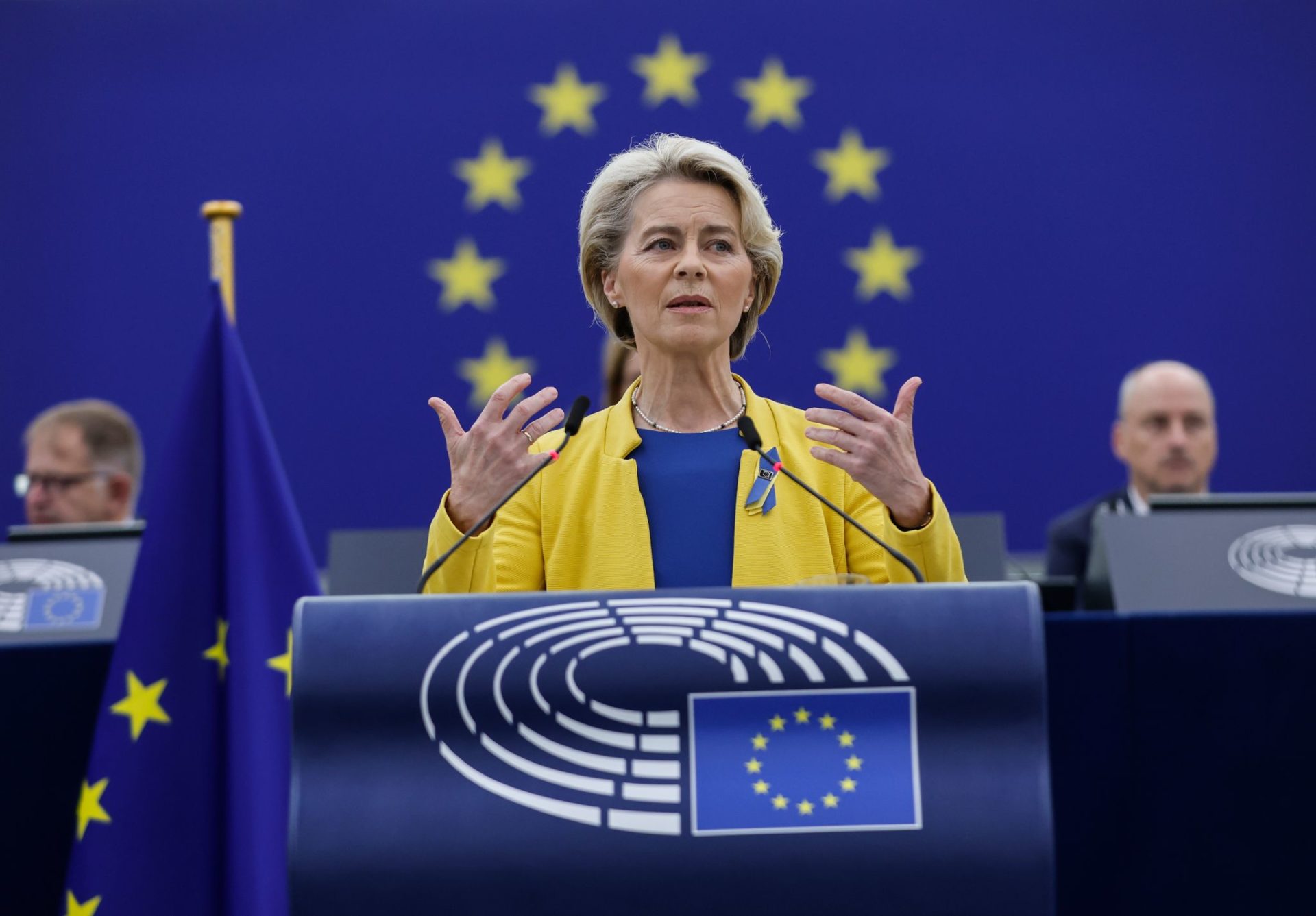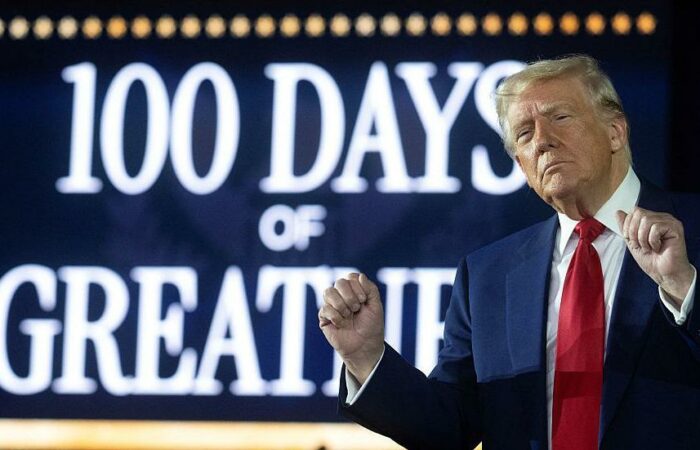Maria Demertzis*
Very little comes out of US policy these days that does not aim to either decouple from China or somehow reduce China’s global reach. The US Inflation Reduction Act (IRA), signed into law in August 2022, is no exception. The act is an ambitious effort to promote clean production and innovation in clean technologies, and to accelerate climate efforts. For that, it is welcome. But for all its good intentions, it also aims to shut out China and coerce the European Union.
The IRA provides subsidies in the form of tax credits and makes those credits conditional on production being US-based. Because of this, the EU feels attacked by its main partner, which is supposed to be like-minded on issues such as tackling climate change. By violating international trade rules, the IRA erodes the multilateral system of cooperation.
Was the US intending to upset the level-playing field and antagonise Europe with the IRA, or is this an unintended consequence of an otherwise welcome effort to advance with climate ambitions?
The answer probably matters little in explaining the IRA. But it has split European policymakers down the middle. Those who see the IRA as a deliberate effort to protect domestic interests at the expense of the EU want a tit-for-tat response. Others praise the US effort to advance on climate and urge the EU not to resort to protectionist measures that will compromise its crown jewel, the single market, or the global multilateral system.
In the Trump days, when the US made no effort to soft-pedal the EU, the European Commission was explicit about the EU’s response: preserve the multilateral system, increase trade cooperation with as many countries as possible by striking bilateral deals, and retaliate with proportional measures.
That approach remains the right one. In following it, the EU must avoid the trap of having to take sides in the conflict between the US and China. The excuse of ‘like-mindedness’ is at best opportunistic, as with the IRA, the US is showing that it misses no opportunity to become protectionist, and it is also undermining global cooperation. Climate change, digital safety and peace are all compromised when cooperation is limited only to the like-minded. It is the non-like-minded who should be brought into global negotiations to stand a chance of preserving global public goods.
The EU was created under the firm belief that those who trade with each other do not go to war with each other. As a result, it created the biggest single market in the world and relies on global trade as an important contributor to its welfare. It is an export giant but lacks vital primary resources, including energy, rare earth elements and raw materials. It is in the EU’s interest to strike deals with those that will cover those needs, and this time, to learn to diversify so that its economy does not depend on any single country’s conflicts.
But the EU also needs to protect the international rules-based system. Without a forum for discussion and a widely-accepted rule book, governance resorts to the lowest denominator, which is the rules of the jungle. In an ungovernable global system, the EU is extremely vulnerable to all those it depends on to secure the raw materials it lacks.
For this reason primarily, rather than because of the threat to competitiveness, the EU must challenge the IRA. In fact, the US is already responding to EU complaints about the IRA distorting the level playing field. The EU must aim to bring the US back into the global governance system.
But that does not mean that the EU does not have grievances with China, just like the US.
This is where the EU must use its relative strengths to exert pressure. The announcement in late January that the Netherlands will join the US (and Japan) in restricting exports of machines for advanced semiconductors to China is an example of one such tool. The details are still not known, but it represents a proportional way of exposing China’s weakness and forcing it to abide by global rules. The EU will need to learn to use export controls a lot more actively and strategically as a lever to promote multilateral solutions.
Let the cruel war that Ukraine endures be a lesson for the future. The EU should diversify its alliances to meet its economic needs, build strong international institutions to isolate aggressors, and design proportional tools that exert pressure but do not compromise multilateralism.
*Maria Demertzis is a Senior fellow at Bruegel and part-time Professor of Economic Policy at the School of Transnational Governance at the European University Institute in Florence. The article is published by Bruegel and is also posted on the blog of the Cyprus Economic Society.




